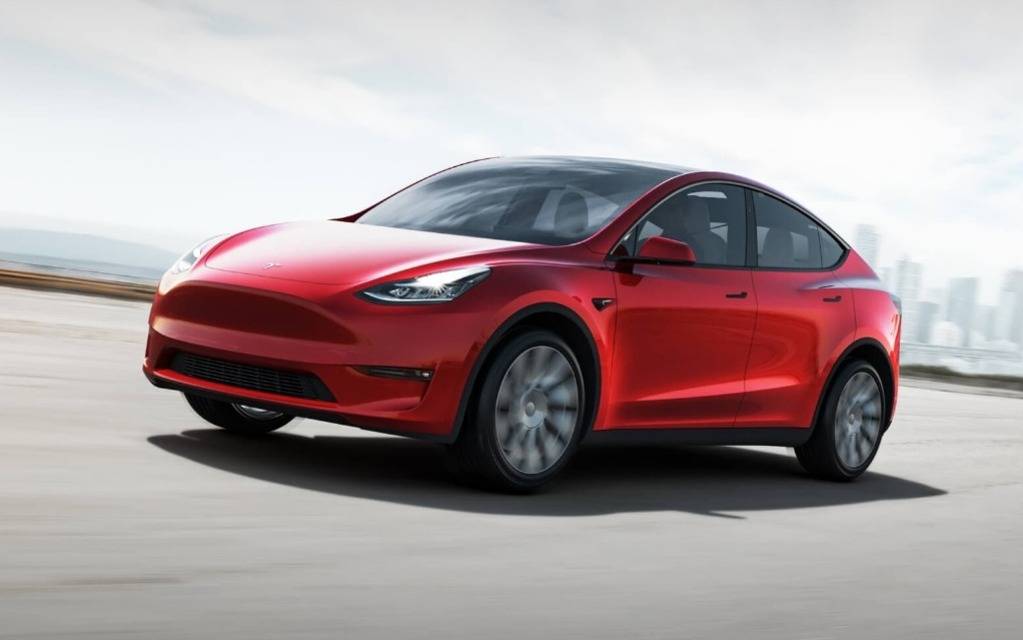Tesla’s New Low-cost Batteries to Make EVs as Cheap as Gasoline Cars


Despite major technological advancements over the past two decades, a recent J.D. Power study revealed that consumers’ perception of electric vehicles has not really changed since the end of the 20th century, back when GM made a first foray with the infamous EV1.
It appears the three biggest barriers to mass EV adoption are still the availability of charging stations, driving range and price.
Read also
- Tesla Model 3 With 650 Km of Range is Coming, But There’s a Catch
- Tesla Sales are Rising While the Rest of the Industry is Collapsing
Speaking of price, Tesla believes it has finally found the answer. According to Reuters, the electric car manufacturer from California plans to introduce a new low-cost, long-life battery in its Model 3 sedan in China later this year or early in 2021. It’s expected to bring the cost of EVs down to the same level as comparable gasoline-powered models.
This super battery will feature a new, compact design using innovations such as low-cobalt and cobalt-free chemistries, along with the use of chemical additives, materials and coatings that reduce internal stress, particularly during fast charging.

But that’s not all. In order to reduce costs even more and increase production to achieve economies of scale, Tesla also plans to implement new, heavily automated battery manufacturing processes in “terafactories” about 30 times larger than the existing “gigafactory” in Nevada, where batteries are jointly built with Panasonic. Furthermore, Tesla will increase recycling and recovery of expensive metals such as nickel, cobalt and lithium.
Oh, and the long-life aspect we mentioned earlier? Tesla reportedly expects the new batteries to last 1.6 million kilometres.
Development continues together with the company’s Chinese partner Contemporary Amperex Technology Ltd (CATL) as well as a number of battery experts and scientists including researchers at Dalhousie University in Halifax, Nova Scotia.
Sources told Reuters that improved versions of the battery, with greater energy density and storage capacity, will eventually be introduced in additional Tesla vehicles in other markets including, of course, North America. It’s too early at this point to talk about a timeframe, however.








